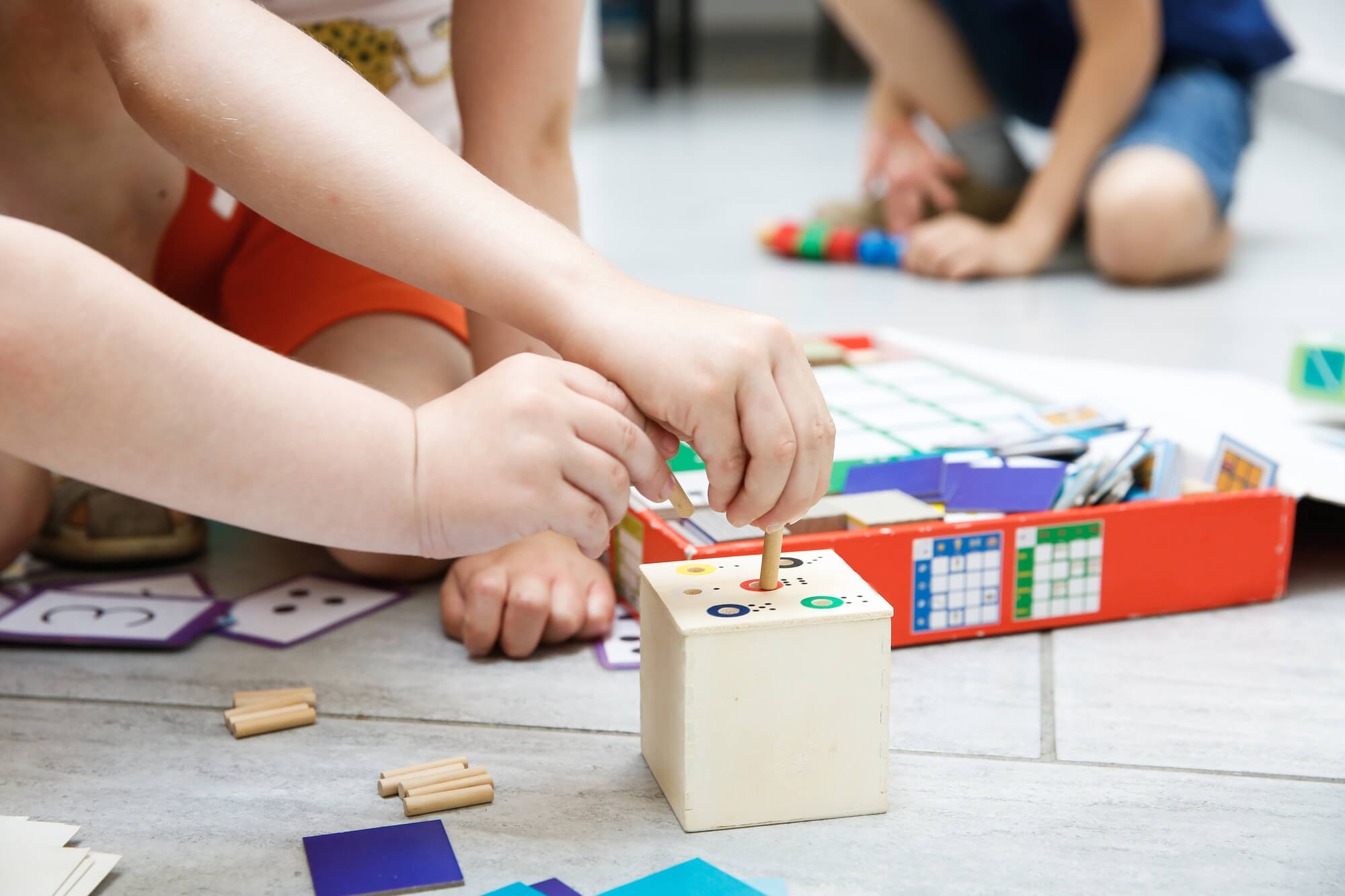We all want to raise confident and well educated children and most importantly want them to enjoy the process! We most commonly struggle with the stereotype that teaching your child involves sitting down and pulling out a textbook or workbook. What if we are getting this concept all wrong? Self-directed learning is a different way to look at educating our kids that ultimately will teach them so much more than you may anticipate. Studies are beginning to show that kids actually learn at a quicker pace when they are participating in this concept of self-directed learning. We are also starting to learn that kids remember these skills more thoroughly over an extended period of time as opposed to memorising or repeating facts. Let’s explore some simple ways you can facilitate self directed learning in your child.
Think Outside the Book
Let’s face it, kids learn better and focus more on topics they are interested in. If your child is going through phases of interest in topics, help facilitate learning more about those topics. If you have older children perhaps this means finding a cool activity or visiting a local museum that may give them deeper perspective. If your little one is obsessed with bugs, let them start a bug collection. Find a book at the library that they can “look up” what each bug looks like and does. The more hands on, the better.
Step Back
The whole point of self-directed learning is that your child is the guide. This may mean that your book list you had planned for the summer, may not be the best option for your child who cannot seem to stay inside. For parents of smaller children, this can be difficult because this means finding the patience to let your child struggle. Maybe you are going to be late to dinner because your child spends 10 minutes trying to tie his shoe, but the learning is in that trial and error. Perhaps with older children this can surface as stepping back and letting your child manage a conflict with a peer (if appropriate of course). Social interactions and conflict can be challenging during childhood, but figuring out how to react and respond in situations is a lifelong skill. It may be difficult as a parent to step back and let them fail. Be there for support when you are needed. Step in when there is too much of a risk, but let them make mistakes. Children learn more profoundly from their mistakes as opposed to watching someone do it for them.
Self-directed learning or self-learning is a powerful tool for parents who want to raise autonomous, independent and self confident children, but often we struggle to step away from the control. There is an old proverb that states “If you give a man a fish, you feed him for a day. If you teach a man to fish, you feed him for a lifetime”. This proverb is a powerful example of self-directed learning. It can be hard at first, but understanding that ultimately you are providing your child with skills that they will benefit from their entire life can be a huge motivation.
If you are struggling with parenting, or would like more information, you can speak with a psychologist for support. Parenting is never easy and sometimes a professional can help provide you with additional tools. To book in a time to speak to a psychologist call us on (02) 6262 6157 or book an appointment online.
Related reading:
Helping your Child Cope with Bullying
Dealing with your Child’s increasing Independence
Consistency and Consequences: Strategies for Setting Boundaries
